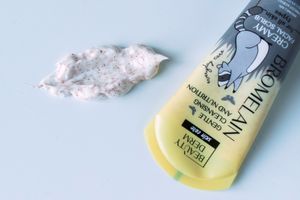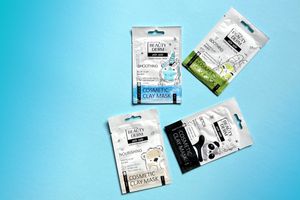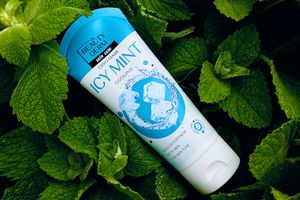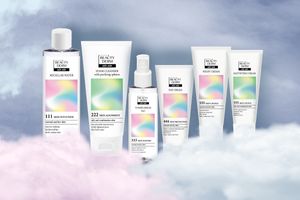Sun protection factor (SPF) has long been an indispensable component of our daily skincare routine. However, despite its popularity, there are still many myths and misunderstandings surrounding SPF. In this article, we're going to look at the most common myths and dispel them with the truth.
Myth 1: SPF 50 is twice as effective as SPF 25
SPF (Sun Protection Factor) indicates the ability to protect the skin from UVB rays that cause sunburn. SPF 30 blocks approximately 97% of UVB rays, while SPF 50 blocks approximately 98%. The difference between the two is not as significant as it may seem. Therefore, it is more important to apply a sufficient amount of product and reapply it every two hours.
Myth 2: SPF is only needed on sunny days
UV rays can penetrate through clouds and even through windows. This means that your skin is exposed to them even on cloudy days or when you are indoors. Wearing sunscreen every day is key to protecting against long-term skin damage.
Myth 3: Darker skin doesn't need SPF
People with darker skin have more melanin, which provides some natural sun protection. However, this does not mean that they are completely protected from the damage caused by UV rays. Darker skin can also suffer from photoaging and an increased risk of skin cancer.
Myth 4: SPF in makeup is enough to protect you
Although many cosmetic products contain SPF, the amount is usually not enough to provide adequate protection. To achieve the declared level of protection, you need to apply a fairly large amount of product, which is not always possible with makeup. It is recommended to use a separate sunscreen under makeup.
Myth 5: Water-resistant SPF does not need to be reapplied
Water-resistant sunscreen provides protection during swimming or sweating, but its effect is limited in time. Typically, manufacturers recommend reapplying every 40-80 minutes after immersion in water.
Myth 6: SPF blocks vitamin D absorption
Sunscreens can reduce the synthesis of vitamin D, but this does not mean that you will not get it at all. Usually, a small amount of sunlight penetrates even through SPF. In addition, you can get vitamin D from food and supplements.
Understanding the real facts about SPF helps you better protect your skin from harmful UV rays. Wearing sunscreen every day, regardless of the weather or skin type, is an important step in maintaining healthy, beautiful skin for years to come. Don't fall for the myths and take care of your skin the right way!










































